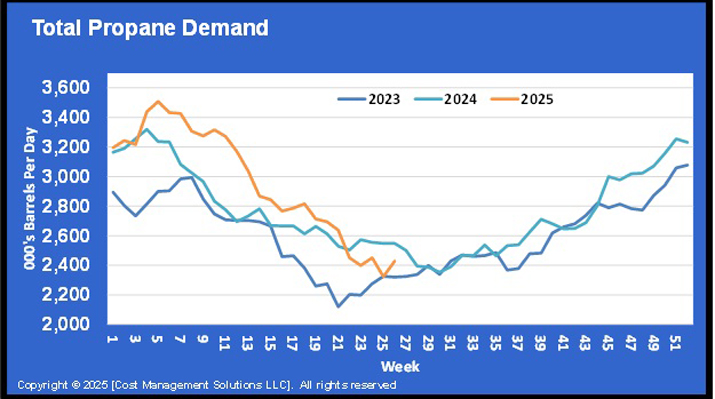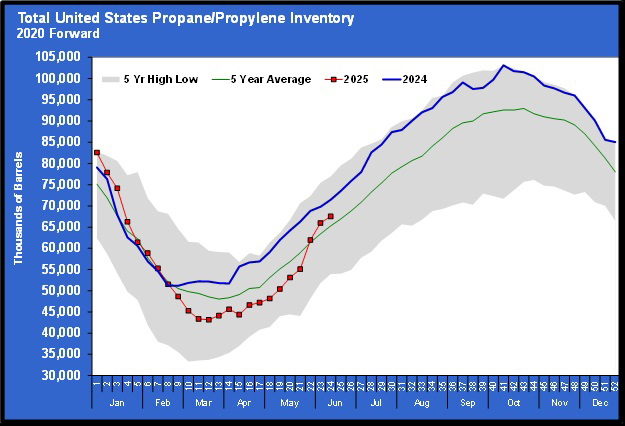In the Know: Propane safety
In the Know is a monthly partnership between LP Gas magazine and Propane Resources. Our focus this month is on propane industry safety, addressed by financial consultant Tamera Kovacs.
Q: What are the biggest propane industry safety concerns of today, and how can retailers reduce their risks to these exposures?
A: Safety comes down to three critical components and tasks. The three critical components are 1) people, 2) people and 3) people. The three critical tasks are 1) training, 2) proper execution of training and 3) documentation.
The key for retail propane companies is to have highly conscientious, expertly trained, committed staffs. In the end, it comes down to properly training your people to execute their jobs and complete the required documentation.
Ask five people in the propane industry about safety concerns within their businesses and you will likely get five different answers. The answers will most likely be tied to their responsibility in the company or based on a recent incident. The absolute No. 1 way to reduce the risk to exposure, regardless of the exposure, is proper training and proper documentation. Everyone hates paperwork, but proper documentation can save the company big bucks.
Retail propane companies have many different areas of focus for safety concerns. When safety is mentioned in the industry, most people automatically think about the installation at the customer’s location and the customer’s safety. While ensuring the customer’s safety is important, each company should have a policy on performing and maintaining documentation on leak tests for its customers. Consistency in documentation is critical. How do the leak test documentation forms look at 8 a.m. compared to the ones completed at 4:30 p.m.? How do they compare in the first week after initial training to week 38, post training? This sounds simple, but the consistency and completeness of the documentation cannot be stressed enough.
Companies have other safety exposures in addition to the customer. Employee safety is equally important. Look at the number of employee safety incidents compared to the number of customer incidents. The employee number is often significantly higher.
Worker’s compensation is a large number when it comes to employee expenses. Employee-related expenses make up, on average, 40 to 60 percent of the company’s total operating expenses. Worker’s compensation can cost a company in excess of 10 percent of total salaries paid.
The propane business is unique. We go to the customer rather than have the customer come to us. We have expensive vehicles on the road that require specially trained employees. All employees who drive a bobtail must have Department of Transportation (DOT) and hazmat licenses.
Again, training and proper documentation are critical. Make sure all employees are properly trained with up-to-date DOT files. Drivers must perform and properly document their pre-trip and post-trip vehicle inspections. It sounds simple, but those records would be the subject of an investigation in the event of an accident.
The safety of the company begins with the company’s owners and leaders. Safety, proper training and documentation must be your priority, too. Safety is a team effort and not just the safety person’s responsibility. Your entire staff must make safety its No. 1 priority. Set goals, track progress and reward employees for meeting and exceeding the company’s safety goals. It all comes down to good people making the right decisions.
Tamera Kovacs is a financial consultant and industry expert in business valuations and sales with Propane Resources. She can be reached at tamera@propaneresources.com or 913-262-0196.
















